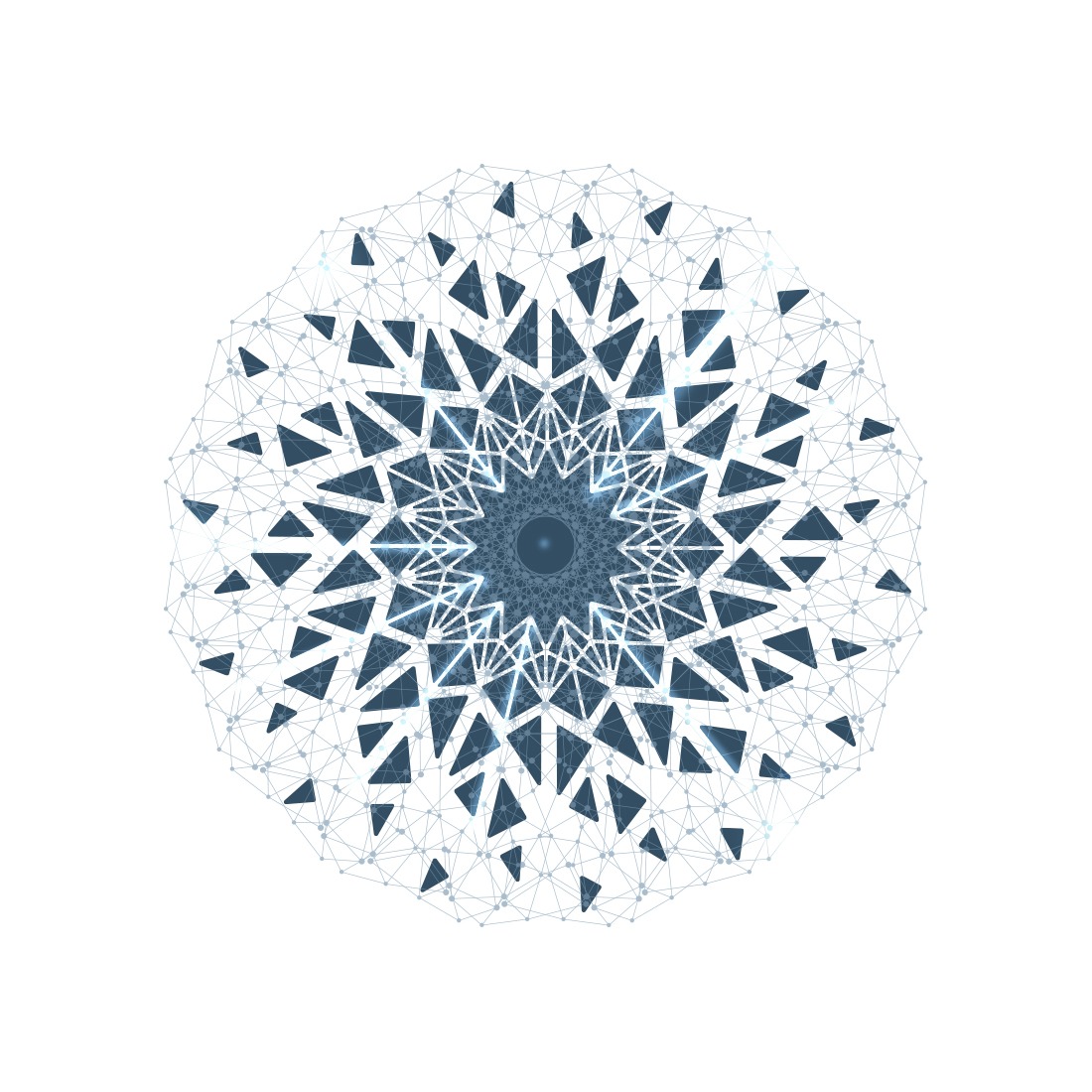
The Science of Psilocybin and the Brain
PSILOCYBIN MIMICS SEROTONIN
Which is responsible for mood, social behavior, sleep, memory, sexual desire, self esteem, appetite, digestion and visual processing.
PSILOCYBIN CAUSES NEUROGENESIS
Psilocybin increases production of Brain Derived Neurotrophic Factor (BDNF), BONF stimulates neuron growth, connections, and activity.
PSILOCYBIN INCREASES TRANSMISSION OF GLUTAMATE
Glutamate is the neurotransmitter responsible for brain functions like cognition, learning, and memory.
PSILOCYBIN REDUCES ACTIVITY IN THE “DEFAULT MODE NETWORK” (DMN)
The DMN is part of the brain that can cause us to over-analyze the past and the future. Studies suggest depression and anxiety are linked to an overactive DMN.
PSILOCYBIN REDUCES ACTIVITY IN THE “DEFAULT MODE NETWORK” (DMN)
The DMN is part of the brain that can cause us to over-analyze the past and the future. Studies suggest depression and anxiety are linked to an overactive DMN.
PSILOCYBIN CAUSES NEUROPLASTICITY
Parts of the brain that don’t usually communicate with one another begin communicating and create new neuropathways. This may be caused by the reduction of activity in the DMN.


